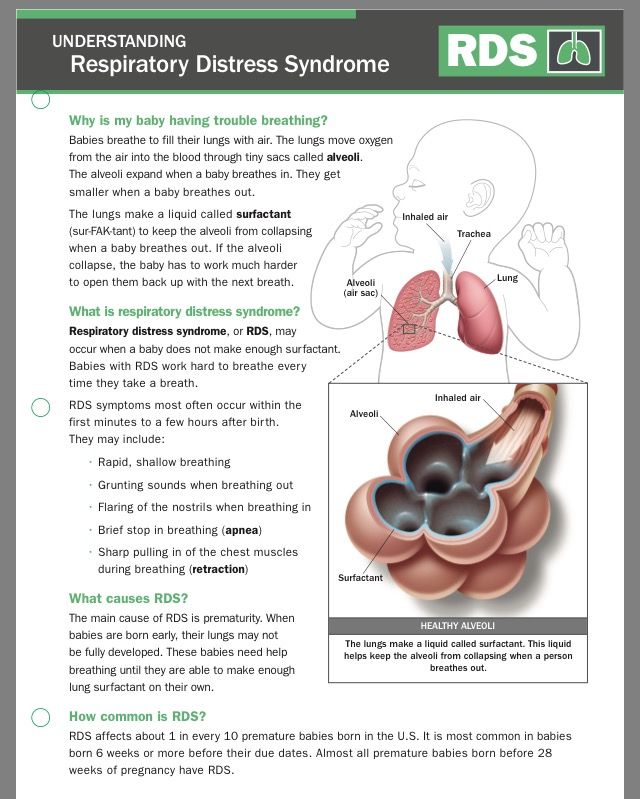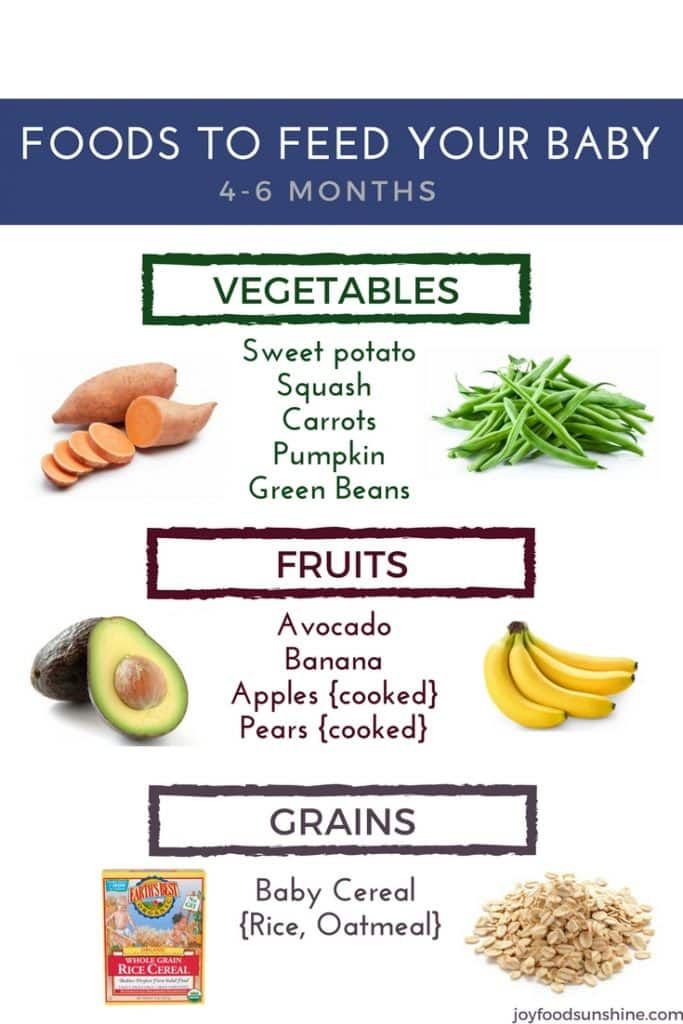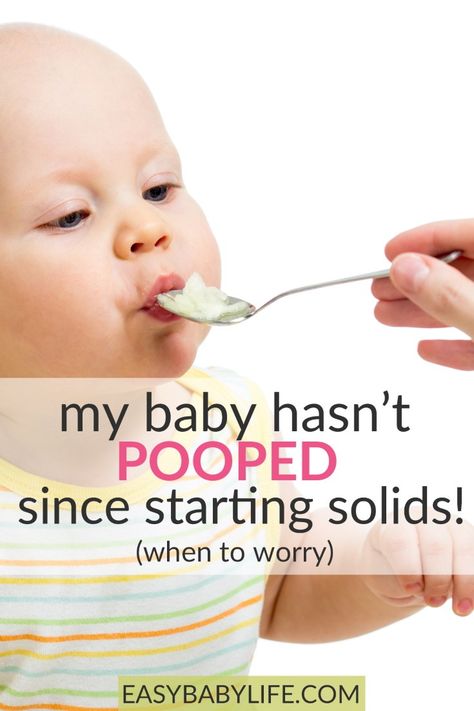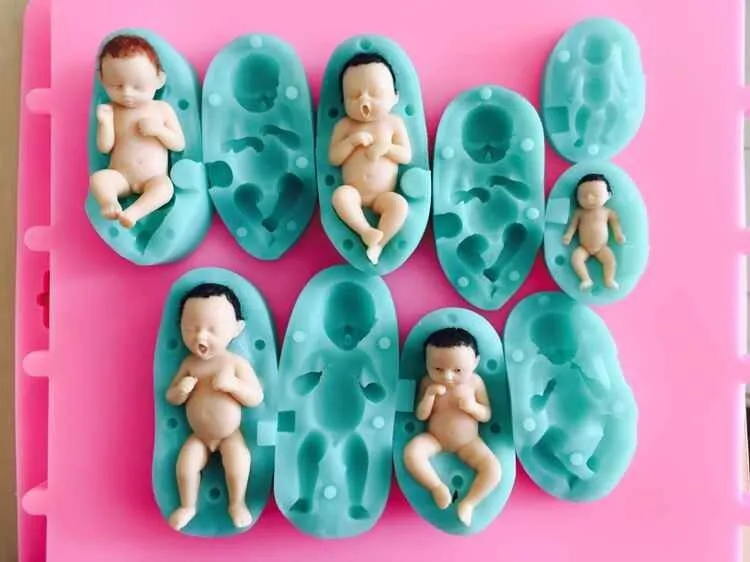Baby grunting during feeding
Newborn Grunting: Why Is This Happening?
Is it normal?
It may sound strange to you, but the occasional grunts coming from your newborn are perfectly normal.
As a new parent, you listen to every little sound and movement your baby makes. Most of the time, your newborn’s gurgling noises and squirms seem so sweet and helpless. But when they grunt, you may begin to worry that they’re in pain or need help.
Newborn grunting is usually related to digestion. Your baby is simply getting used to mother’s milk or formula. They may have gas or pressure in their stomach that makes them feel uncomfortable, and they haven’t learned yet how to move things through.
While most grunting is normal, if your baby is grunting with every breath, has a fever, or appears to be in distress, see your doctor.
This grunting may be a sign of a more serious respiratory problem and needs immediate attention.
The cause of newborn grunting
When your baby grunts, it usually means they’re learning how to have a bowel movement. They haven’t yet figured out how to relax the pelvic floor while also using abdominal pressure to move stool and gas through their system. Their abdominal muscles are weak, and they must bear down with their diaphragm against their closed voice box (glottis). This leads to a grunting noise.
They will grunt until they can figure it out, so it may take a few months for your newborn to produce a bowel movement or pass gas without grunting. Some people call this grunting baby syndrome (GBS). Rest assured, it’s fairly common and rarely a sign of something serious.
Babies may also look like they’re straining, and a newborn’s head may turn purple or red in color. This may last for several minutes, according to an article in the Journal of Pediatric Gastroenterology and Nutrition (JPGN).
This shouldn’t be confused with constipation. Your newborn’s system is working correctly to produce excrement. Your baby just hasn’t figured out how to move it through. While the grunting is unpleasant, your newborn simply needs to get used to its new world.
The remedies
You should confirm with your doctor that your baby’s grunting is normal.
If your grunting baby is simply learning how to have a bowel movement, the only true cure is for your newborn to learn how to relax their anus while pushing with their abdomen. This is something your baby will learn with time through trial and error.
Some doctors recommend that parents help their newborn by providing anal stimulation. This involves use of an anal thermometer or a piece of cotton to help stimulate the bowel. While this method usually works to help your baby have a bowel movement, it may have negative side effects in the long run. Your baby may eventually become dependent on this method to have a bowel movement. According to JPGN, repeated use of this method will delay your infant’s ability to learn the correct process for passing stool.
In most cases, the grunting starts in the first months of life and resolves on its own after a few weeks. Every baby is different. It all depends on how long it takes for your newborn to master the coordination of its bowel movements.
It all depends on how long it takes for your newborn to master the coordination of its bowel movements.
When to be concerned
The grunting of a healthy child learning how to deal with digestion is different from the grunting of a sick baby.
Grunting with every breath is never normal. Grunting at the end of every breath could be a sign of respiratory distress.
If your baby is grunting often and also has other signs of illness, such as a fever, or appears to be in distress, see your doctor. This could be a sign of a serious medical condition and requires immediate attention.
Grunting with breathing could be a sign of:
- asthma
- pneumonia
- sepsis
- meningitis
- heart failure (which causes fluid to build up in the lungs and a shortness of breath)
Check for other signs of respiratory distress or illness to determine if your baby’s grunts are normal or a sign of another problem. Other signs of respiratory problems include:
- blue tongue or skin
- weight loss
- fever
- lethargy
- nasal flaring
- pauses in breathing
The takeaway
Watching and hearing your baby struggle may be difficult, but in the end, it’s important to let them figure it out on their own.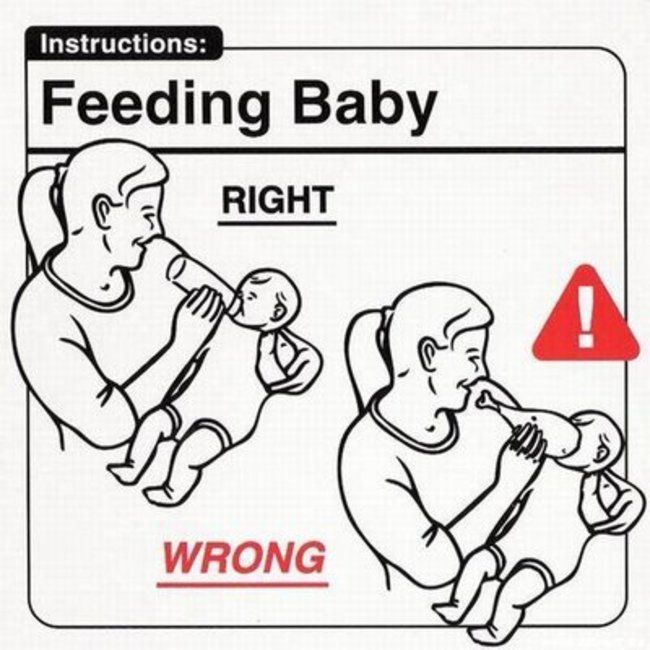
Grunting may seem a little scary, but it usually serves a very useful and healthy purpose for your baby. If your baby is healthy, active, appears happy, and is eating well, grunting is rarely a sign of illness.
See your doctor for a checkup if you have questions or concerns about your grunting baby.
And treat grunting with every breath as a medical emergency.
Newborn grunting: Causes and home remedies
Usually, newborns grunt when they learn how to pass stool. However, this grunting can occasionally indicate a health issue, such as trapped mucus, gastroesophageal reflux or irregular breathing.
In this article, we explore the reasons that newborns grunt. We also discuss accompanying symptoms, home remedies, and when to see a doctor.
When newborns grunt, it can sound like they are in pain, but this is not usually true. Most often, it means that they are learning how to pass stool.
In other cases, the grunting can point to an underlying problem, and it is important to be aware of any other symptoms.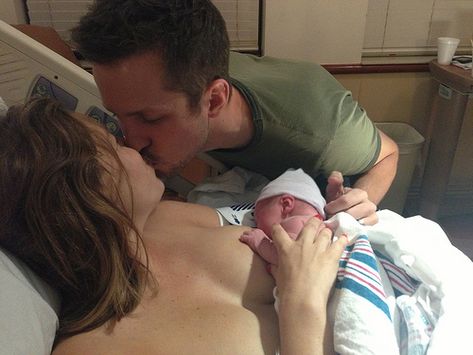 The presence of these can help to determine whether the grunting is a cause for concern.
The presence of these can help to determine whether the grunting is a cause for concern.
Share on PinterestCauses of newborn grunting may include having a bowel movement, irregular breathing patterns, and dreaming.
Newborns tend to grunt as they get used to having bowel movements. Doctors sometimes refer to this as grunting baby syndrome.
To pass stool, an adult often relaxes their pelvic floor and uses the stomach muscles to apply pressure which helps to move the stool through the gut.
At first, a newborn’s stomach muscles are not strong enough to do this, so they use the diaphragm muscle to move their bowel. As they exercise the diaphragm, it can put pressure on the voice box, resulting in grunting.
Other causes of newborn grunting include:
- Irregular breathing patterns. Newborns may grunt as they develop control over their breathing patterns.
- Trapped mucus. Mucus can collect in a newborn’s narrow nasal passages.
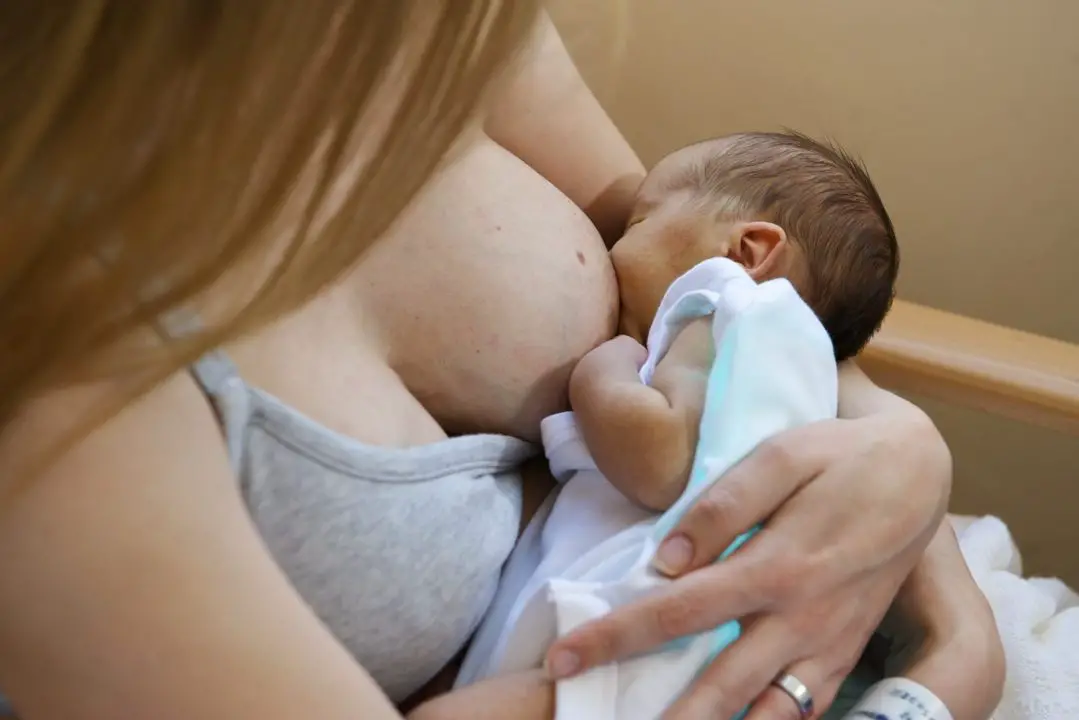
- Dreaming. Grunting during sleep can indicate dreaming or a bowel movement.
- Gastroesophageal reflux (GER). Also known as acid reflux, this occurs when stomach contents rise into the food pipe. It can cause discomfort, and the baby may grunt.
When a newborn grunts because they are passing stool, they may also:
- strain for several minutes
- cry
- turn red or purple in the face
Share on PinterestA reduced appetite can be a symptom of constipation in a newborn.
Grunting baby syndrome is not the same as constipation. A newborn who grunts usually passes soft stools.
Symptoms of constipation in a newborn can include:
- small, dry, pellet-like stools
- fewer than three bowel movements per week
- reduced appetite
- a hard stomach
- crying, discomfort, pain, or irritability before passing stool
- foul-smelling gas and stools
The following strategies can help:
- changing formula
- changing the diet of the adult, if breast-feeding
- feeding more often, to increase hydration
- massaging the baby’s stomach
A number of home remedies can help with newborn grunting.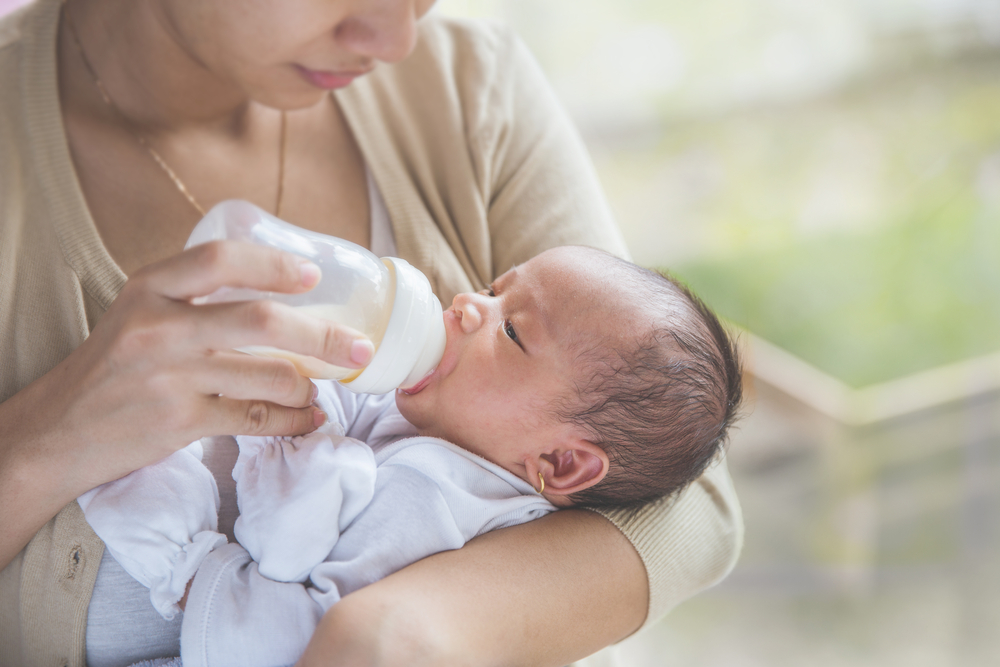 Depending on the cause, they include:
Depending on the cause, they include:
Learning to pass stools
When a newborn is learning to pass stools, grunting is usually normal and does not require treatment.
The grunting often stops when the newborn learns to relax their pelvic floor and the stomach muscles strengthen. This usually happens at a few months of age.
If the baby seems to have trouble passing stool, rubbing petroleum jelly on their anus can help. However, doing so too often can prevent the baby from learning to pass stool on their own.
Irregular breathing
Irregular breathing patterns are not usually a cause for concern, unless the newborn shows signs of breathing difficulties.
A baby monitor can help a caregiver to check for indications of abnormal breathing when the newborn is asleep. Some people also use movement monitors, which sound an alarm if the baby stops moving for longer than usual.
Trapped mucus
A nasal aspirator can help, if a newborn is grunting because mucus is trapped in their airways.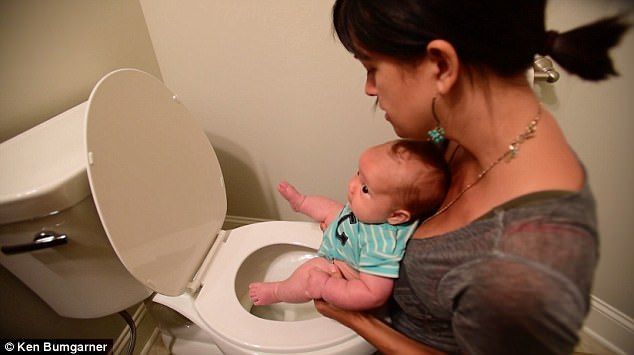
GER
The following home remedies can help to address GER in newborns:
- feeding the baby little and often
- feeding the baby more slowly
- avoiding bottle nipples with large holes, which can cause too fast a flow
- adding a little oatmeal to thicken milk or formula, but check with a doctor first
- burping the baby more often
If these home remedies do not help, the newborn may have a condition called gastroesophageal reflux disease (GERD).
Doctors tend to test for GERD if the newborn’s digestive symptoms show no improvement, if they are not gaining weight, or if they have symptoms that can indicate lung problems. Some of these symptoms are listed below.
Share on PinterestIt is essential to seek urgent medical attention if the newborn seems distressed, has a fever, or pauses between breaths.
Grunting may indicate a problem if the newborn:
- seems distressed
- regularly grunts at the end of a breath
- has a fever
- has a blue tinge in the lips or tongue
- pauses between breaths
- flares their nostrils
- draws in their chest as they breath
These symptoms can indicate difficulty breathing. If the newborn has any of these symptoms, seek urgent medical attention.
If the newborn has any of these symptoms, seek urgent medical attention.
The doctor will most likely use an X-ray when making a diagnosis. In 2016, researchers reported that chest radiography is essential in determining the cause of respiratory distress in newborns.
Below, we describe other severe issues that can cause newborns to grunt. If a newborn has any of the following symptoms, seek medical attention right away. They may require emergency treatment.
Meningitis
In addition to grunting, symptoms of meningitis in a newborn can include:
- fever
- vomiting
- floppiness of the body
- skin blotches or a rash
- an unusual cry
Sepsis
Sepsis is commonly described as blood poisoning. In addition to grunting, symptoms in a newborn can include:
- fever
- irritability
- breathing problems
- confusion
- floppiness of the body
- pauses of more than 10 seconds between breaths
- reduced urination
- jaundice
Heart failure
In addition to grunting, symptoms of heart failure in a newborn can include:
- inability to gain weight
- shortness of breath
- falling asleep during feedings or being too tired to feed
- coughing and lung congestion
- sweating
Newborns tend to grunt when they are developing the muscle strength needed to pass stool.
The grunting is usually not a cause for concern. However, if it accompanies certain symptoms, the grunting can indicate an underlying condition.
If a newborn is grunting and has any of the more severe symptoms listed above, seek urgent medical care.
why this happens and what parents should do
For people who do not have parental experience or education in pediatrics, babies are like space aliens. They look like adults, but they are different. And they make strange sounds. Some may be surprised even when the baby groans.
This is actually one of his ways of communicating. Up to two months, the child adapts to a new world for himself. And what he is not yet able to express in words, he demonstrates by behavior: groans, twitches his arms and legs, pushes, frowns. Grunting can be a sign of character building or active development in a child.
An infant can make such sounds out of pleasure (for example, during feeding), or when something is given to him with effort (for example, raise his head while lying on his stomach, go big).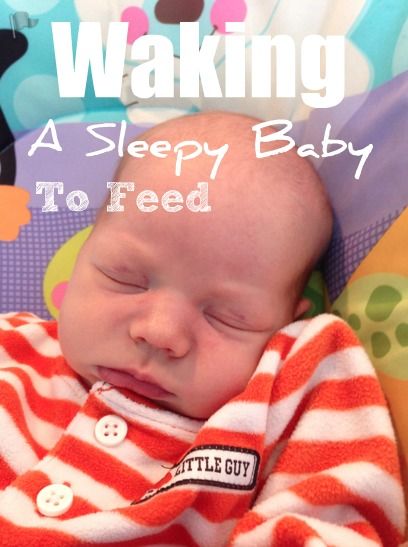 If the baby grunts a lot and often, and his facial expressions indicate that these sounds are not caused by the most pleasant emotions, you should consult a pediatrician (1).
If the baby grunts a lot and often, and his facial expressions indicate that these sounds are not caused by the most pleasant emotions, you should consult a pediatrician (1).
Foreign doctors have a term grunting baby syndrome - "grunting baby syndrome". We call it infantile dyschezia, and it is associated with difficulty in emptying the intestines (2). This is just one of the reasons why a child may grunt. And he may have different reasons to communicate something to the world of adults in this way.
Why does a newborn baby grunt
— If the baby only grunts, breathes normally, eats and sleeps, gains weight and height, then this is normal. So he can simply communicate with his parents or, for example, tell them that he wants to go to the toilet or that a small fold on his clothes interferes with him, - explains pediatrician, neonatologist, anesthetist-resuscitator, blogger, author and expert of the first aid course children Aelita Biryukova .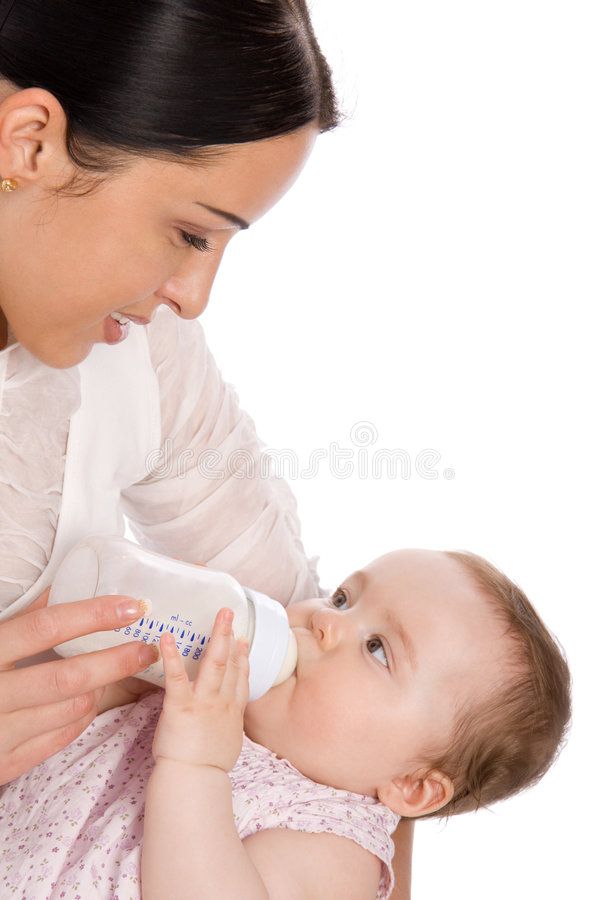 - If parents have good contact with the child, they will always understand exactly how he groans when he wants to eat, and how he groans when, for example, he peed.
- If parents have good contact with the child, they will always understand exactly how he groans when he wants to eat, and how he groans when, for example, he peed.
If crying is added to grunting, this may indicate that the child is hungry or needs attention, that he has a full diaper, or, for example, that he is hot. That is, in this case, it is not necessary that there is cause for alarm.
But often the baby groans, and even cries when he suffers from colic.
So, the most common causes of grunting in newborns are:
- he communicates like this;
- he has colic;
- child has difficulty breathing due to stuffy nose;
- he has a dream;
- the baby is uncomfortable in his clothes - they are too warm or tight;
- have problems with bowel movements;
- the child is hungry or thirsty.
What to do if a newborn baby grunts
If the baby grunts and strains, but there are no other reasons for concern (constipation or frequent loose stools, constant crying, high fever), it will most likely go away with time.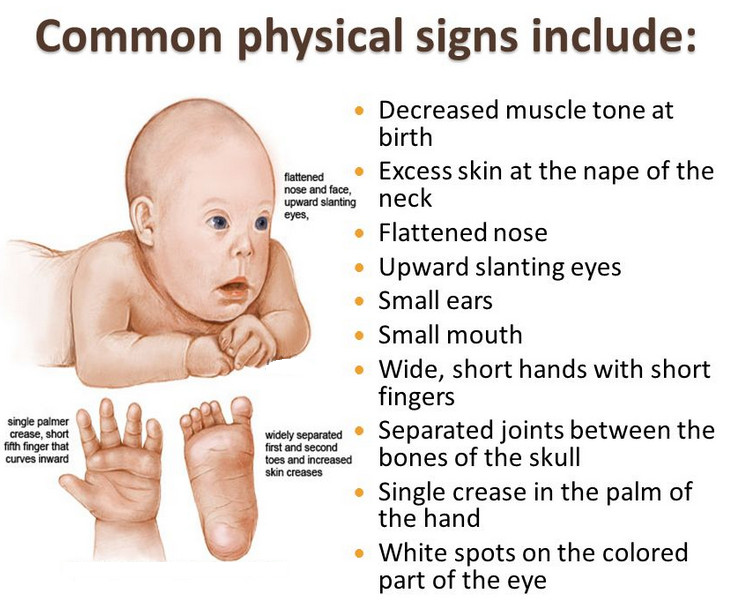 But if the condition of the groaning child is alarming, you should see a doctor.
But if the condition of the groaning child is alarming, you should see a doctor.
Colic is a common problem in infants during the first months of life (3). And what to do if this is the reason for the groaning?
- Starting from 2-3 weeks and ending at the age of 3 months, children are actively maturing the gastrointestinal tract. The immaturity of the gastrointestinal tract provokes a slight dysfunction, which may be accompanied by pain in the child's abdomen, explains Aelita Biryukova. Colic is always due to two causes. The first is distension of the intestines with gases. In this case, we see the inflated belly of the baby, he groans and strains under the influence of these gases. The second is spasms: when there is a peristaltic wave through the intestines. This happens often when there are long periods between feedings or when the baby is formula-fed. Therefore, on-demand breastfeeding is the best prevention option (4).
It is not difficult to help a child in both cases, especially since you will certainly find at least one suitable drug in any pharmacy. But remember that the use of any medication should be discussed with the pediatrician beforehand.
But remember that the use of any medication should be discussed with the pediatrician beforehand.
– If we are dealing with a spasm, dill water or some herbal preparations will come to the rescue. And excess gas formation is removed with simethicone preparations, says pediatrician Aelita Biryukova. - The mechanism of action is important: the first are given before feeding, and the second during or after.
Popular Questions and Answers
Although babies grunting is nothing new to doctors, for parents most expecting to hear grunts, these sounds may seem strange. Therefore, a lot of clarifying questions arise. Aelita Biryukova answers them.
Do “grandmother's” remedies help with colic: a warm heating pad on the stomach, stroking, herbal supplements?
Herbal supplements - yes. The main thing is to understand the cause of the pain and choose the right remedy at the right time. And a heating pad, a warm diaper, mother's breasts are, of course, one of the most ancient means of combating colic in a baby.![]()
When is groaning a sign of danger to life and health?
If groaning or other sounds are accompanied by a change in the color of the skin: when the child turns pale or blue. And this is not about the nasolabial triangle - such a phenomenon can be in children with an immature nervous system. If we see a pronounced pallor or cyanosis, most likely, a critical situation is already taking place, it is urgent to call an ambulance.
There is also such a thing as "groaning breath" - when the child, on exhalation, seems to moan or howl or breathe with a whistle. In this case, there may be retraction of the intercostal spaces, jugular notch, hypochondrium or xiphoid process. Or flaring of the wings of the nose. This situation indicates respiratory failure, and in this case, you need to urgently call an ambulance.
In general, if parents have internal anxiety in the absence of obvious reasons for anxiety, this is a reason to consult a doctor. Most often, some little things that disturb adults can prompt an experienced doctor to seriously think about conducting some examinations in order to identify diseases.
Most often, some little things that disturb adults can prompt an experienced doctor to seriously think about conducting some examinations in order to identify diseases.
And if a newborn baby not only groans, but makes some unusual sounds, should he run to the doctor?
Parents are often frightened by such sounds. For example, when a child loudly draws in air. In fact, this is not always a reason to see a doctor. When the baby accidentally makes some new sound that he remembers, he begins to repeat it. This is a training of the articulatory apparatus, sound production, and there is nothing wrong with that.
Sources
- Neonatal reflexes and examination of newborns by a pediatric neurologist. V. M. Studenikin // Medical scientific and practical portal "Attending Doctor". URL: https://www.lvrach.ru/2020/01/15437473
- Constant grunting breathing after birth. G. M. Rocha et al. // National Center for Biotechnology Information.
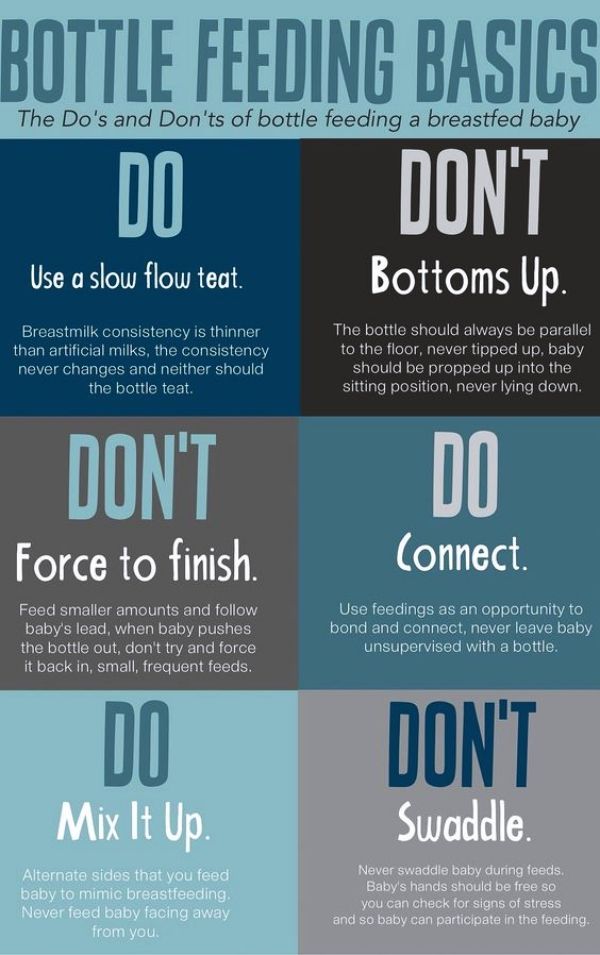 2018. URL: https://pubmed.ncbi.nlm.nih.gov/27607482/
2018. URL: https://pubmed.ncbi.nlm.nih.gov/27607482/ - Cry and restlessness of the child in the first months of life. Intestinal colic in infants - approaches to therapy. E.S. Keshishyan // Pediatric practice. 2014. URL: https://medi.ru/info/8589/
- Constipation in children of the first year of life in the structure of functional disorders of the gastrointestinal tract. Basic approaches to treatment. A. I. Khavkin, O. N. Komarova // Russian Medical Journal. URL: https://www.rmj.ru/articles/obshchie-stati/Zapory_u_detey_pervogo_goda_ghizni_v_strukture_funkcionalynyh_narusheniy_GhKT_Osnovnye_podhody_k_lecheniyu/
Child groans | Nutrilak
Kuznetsova Anna
Published: 01/16/2023
Reading time: 7 minutes
2087
This looks funny and disturbing at the same time. The baby suddenly begins to frown and make sounds that are more suitable for an adult with constipation in the toilet than for such an angel in the cradle.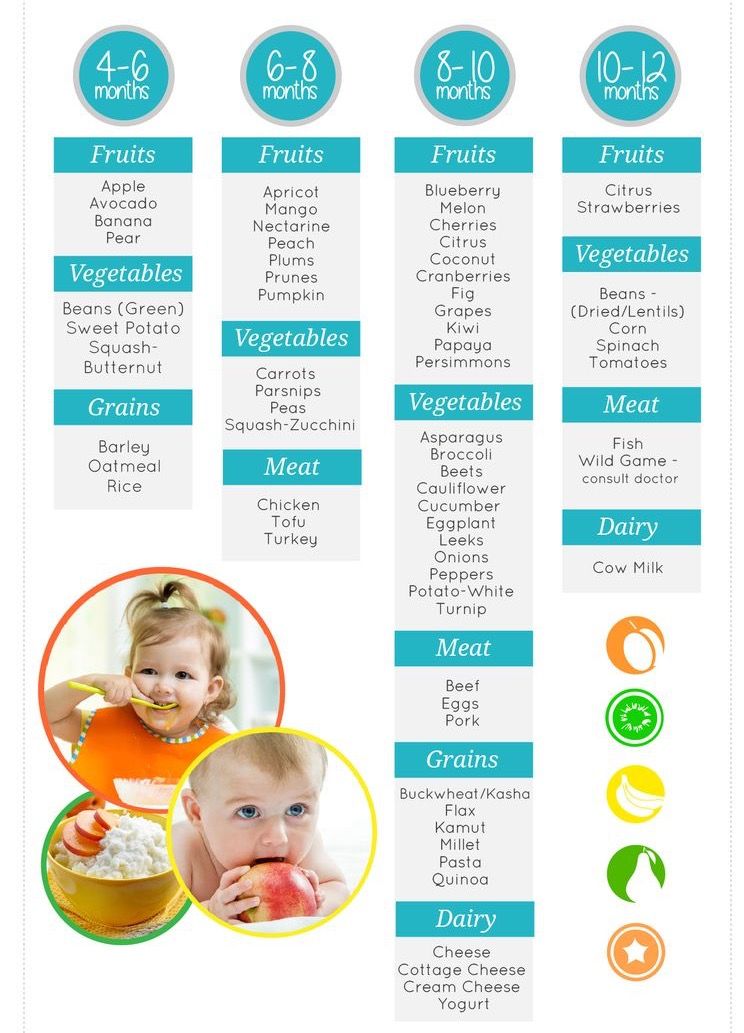 So why does a newborn baby grunt? Is this related to his digestion and does he need any help at this time, including medical?
So why does a newborn baby grunt? Is this related to his digestion and does he need any help at this time, including medical?
Why the child groans
For parents, a newborn is almost an alien who gives incomprehensible signals and knows almost nothing of what people can do. But even for a baby, birth is akin to landing on a foreign planet. Where is his cramped cozy house? Why is the environment changing all the time? How to explain what you want and what worries you?
There are not so many ways for a baby to communicate. This is mainly crying, at the age of 3-4 weeks - a smile, and a rather limited number of sounds available for reproduction by an infant, including grunting.
Grunting is thus a way of communicating one's condition. Sometimes it's "I want to go to the bathroom", sometimes "I have a stomach ache", sometimes "it's time for a diaper change" and so on.
Over time, mother gains experience and, by the shades of grunting that she understands, she determines what exactly is behind it.
Newborn baby groans. Should I be worried?
The newborn makes many strange sounds. It is possible to distinguish harmless from disturbing by the general condition. If the baby breathes freely, does not refuse the breast or bottle of formula, regularly pees and soils diapers, there is most likely no reason to worry.
It is necessary to sound the alarm if, against the background of groaning, the child suddenly turns pale or blue, draws in air with a whistle - in this case, immediately call an ambulance.
If a child groans with displeasure for a while and then starts crying, it is likely that he is experiencing some kind of discomfort. Check if the diaper is full, if there are pressure bands, clothing details, if the baby is cold or, conversely, if it is hot. Maybe the baby is hungry and thus begins to show impatience, or maybe he just got bored and calms down if he is picked up.
Child groans for a month
In a month, colic can be added to the causes of groaning in a child - they start at 2-3 weeks of a baby's life and subside closer to 3 months.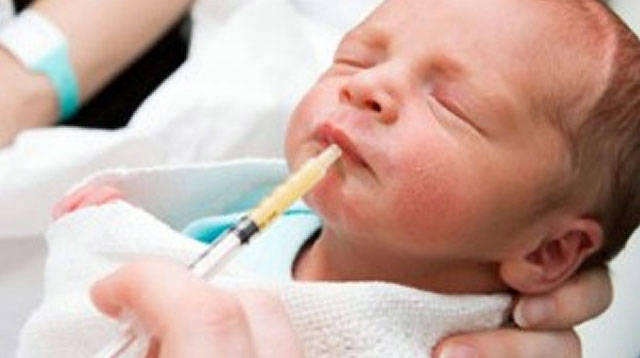 As a rule, periods of anxiety are repeated in the evening. Groaning can signal the imminent onset of another bout of crying. You can give the baby the medicine prescribed by the doctor, apply a warm diaper to the tummy, and do a light massage.
As a rule, periods of anxiety are repeated in the evening. Groaning can signal the imminent onset of another bout of crying. You can give the baby the medicine prescribed by the doctor, apply a warm diaper to the tummy, and do a light massage.
If the child groans and sniffs in displeasure, check the nasal passages for clogged crusts and mucus, clean them if necessary.
Sometimes the baby's groaning is caused by gases accumulated in the intestines. If the child groans and farts, also massage his tummy, do the “bike” exercise, alternately bending the baby’s legs at the knees and pressing them to the stomach.
Baby grunts in sleep
If a newborn baby grunts at night in his sleep, these sounds can help the natural bowel movements.
Unlike an adult, in the first year of life, the baby does not yet control his urges, and in his sleep his digestion goes on as usual. Pisses and poops baby without waking up.
Also, during sleep, the baby may grunt because of a wet diaper or an uncomfortable position.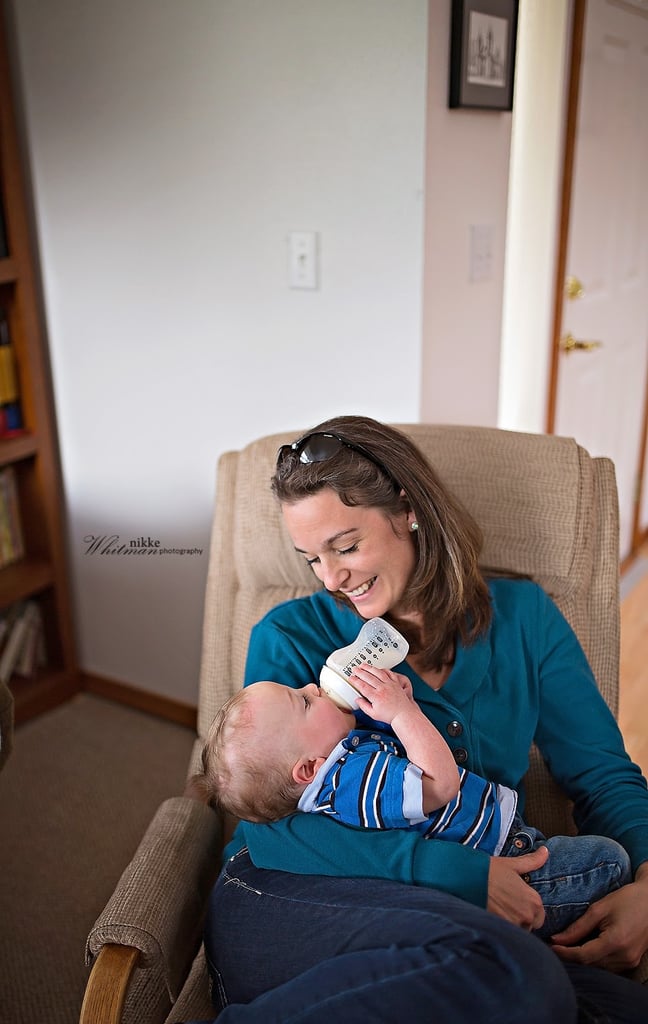 If you react in time and carefully eliminate the discomfort, the baby will continue to sleep, and groaning will not turn into crying.
If you react in time and carefully eliminate the discomfort, the baby will continue to sleep, and groaning will not turn into crying.
The child constantly pushes and grunts. What to do?
If the baby grunts and strains, the first thought of the parents will be that the baby is constipated, that he cannot poop. But at the same time, the child's stool can be regular and soft, that is, uncharacteristic of constipation.
The fact is that the work of the muscular system of the newborn is not yet coordinated. To have a bowel movement, he needs to contract his abdominal muscles and relax his pelvic floor muscles at the same time, which is not easy. The kid makes excessive efforts for elementary action. This phenomenon has even been called "groaning baby syndrome", or "infant dyschezia". It does not require treatment and disappears by two to three months.
But if the child is pushing and groaning against the background of constipation, he needs help. Constipation should be diagnosed by a doctor. Contact him if you cannot independently understand whether everything is in order with the child's chair.
Contact him if you cannot independently understand whether everything is in order with the child's chair.
If the baby is constantly pushing and groaning, while he has no appetite, weight gain has stopped, his mood has changed - the baby began to cry more or, on the contrary, became lethargic and drowsy - be sure to consult a doctor. In rare cases, grunting can be a symptom of a neurological problem or a pathology in the digestive system.
Conclusions:
- The child groans because this is one of the few ways of communication available to him.
- If the newborn groans, but eats well, sleeps and empties the intestines regularly, you should not worry.
- In a month, the baby may grunt due to colic, nasal congestion or gas in the intestines.
- Groaning during sleep is usually normal. Digestive processes continue even when the baby is sleeping.
- If the child constantly pushes and grunts, this may indicate both infantile dyschezia, which does not require treatment, and constipation.


